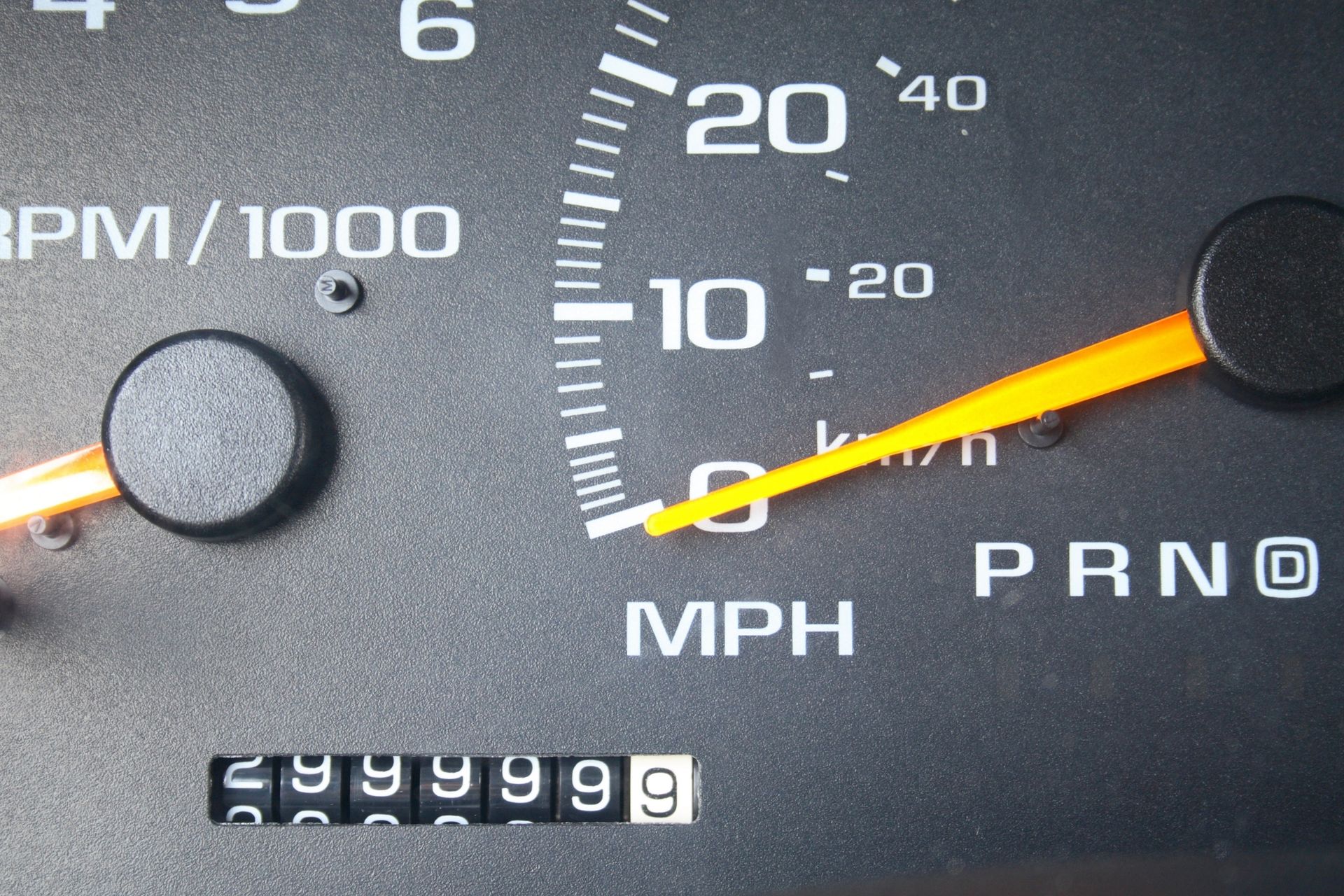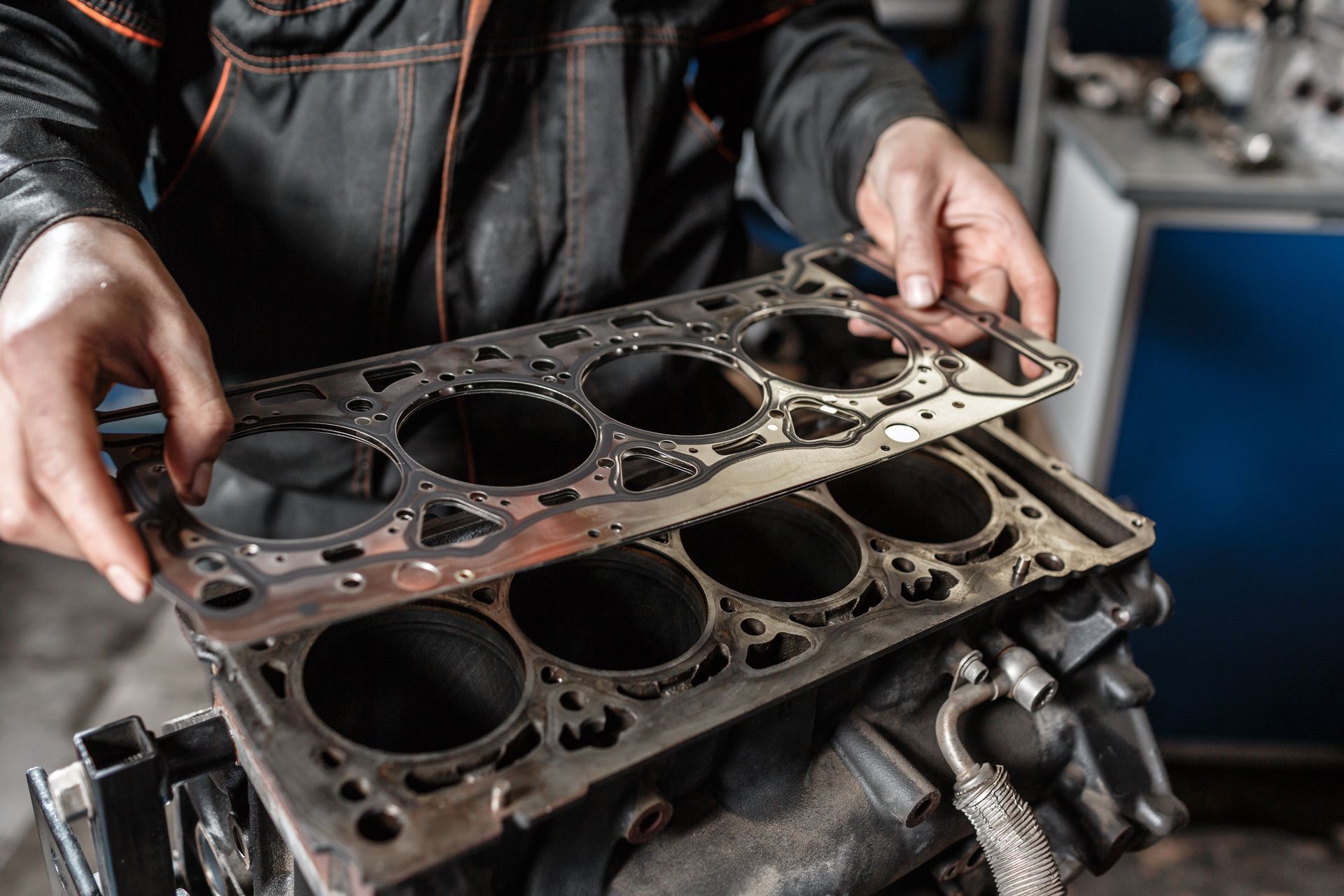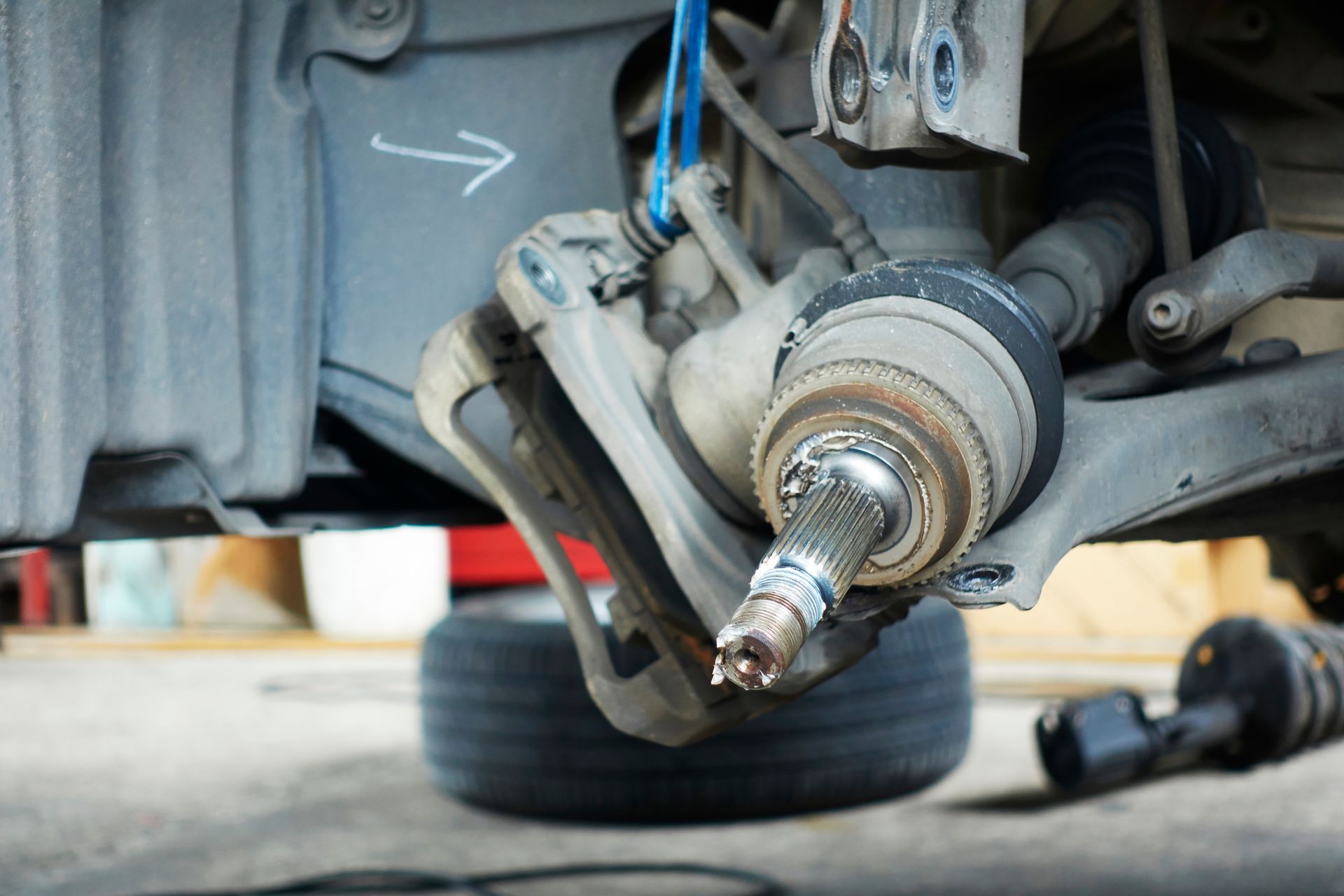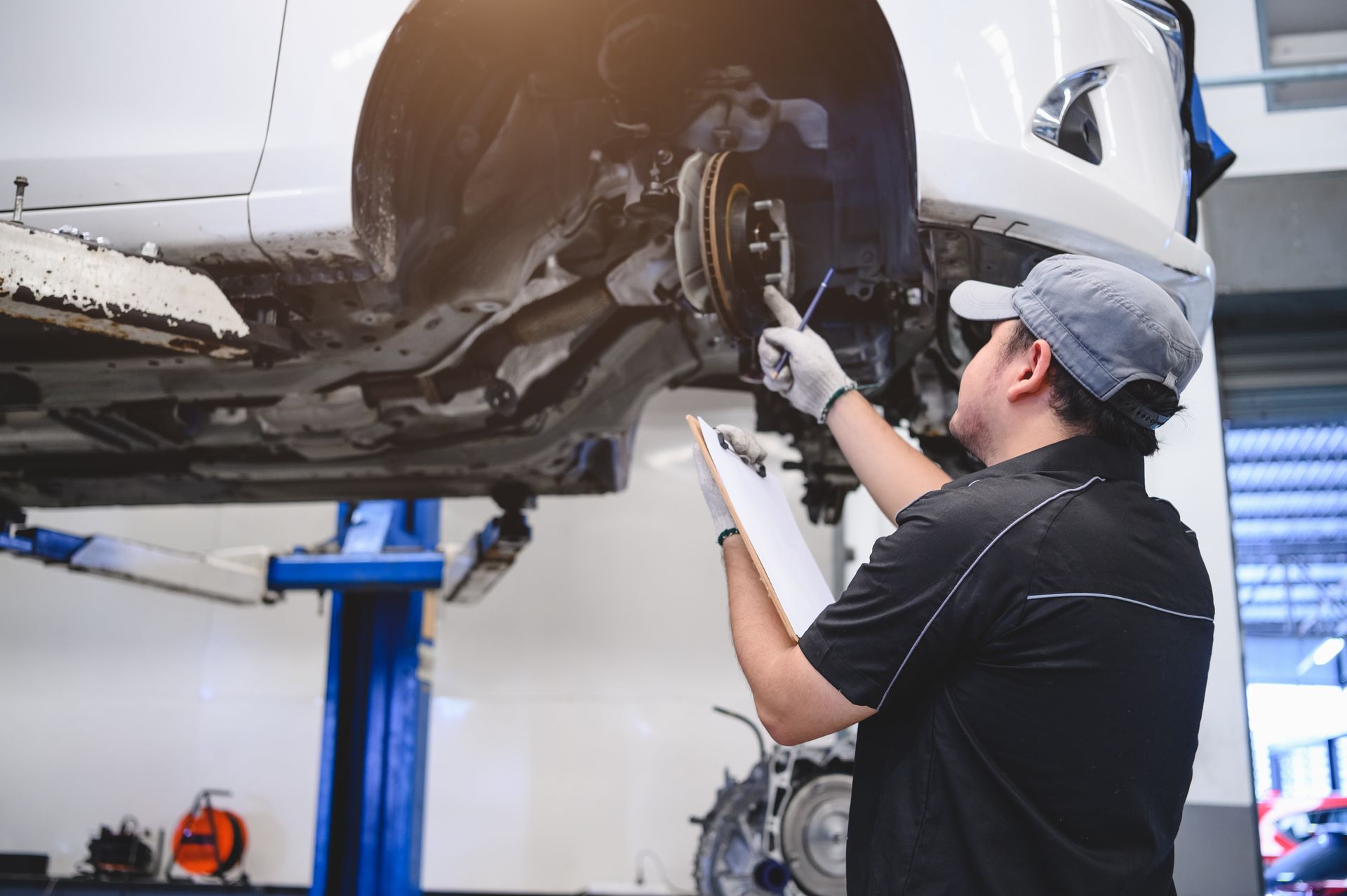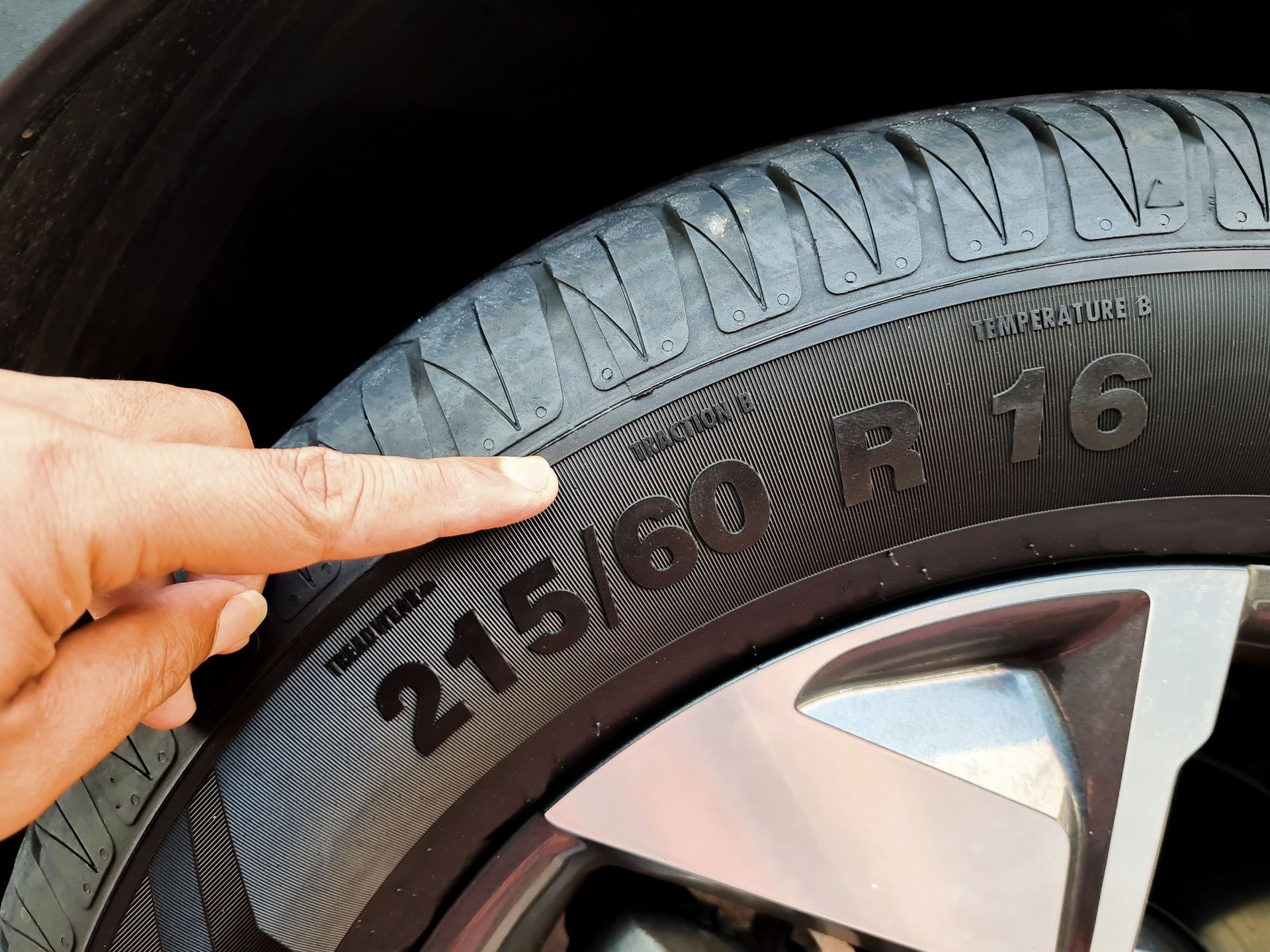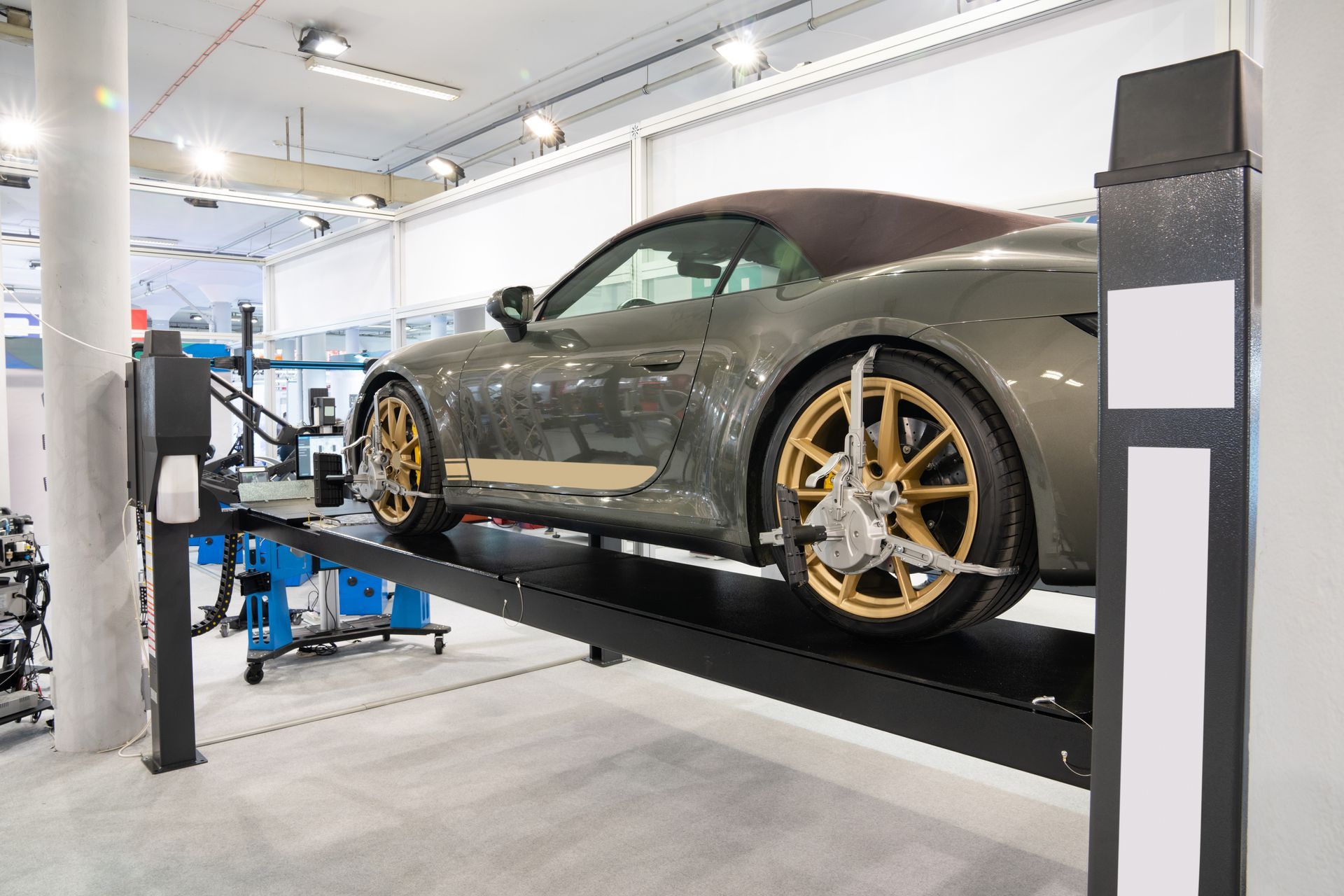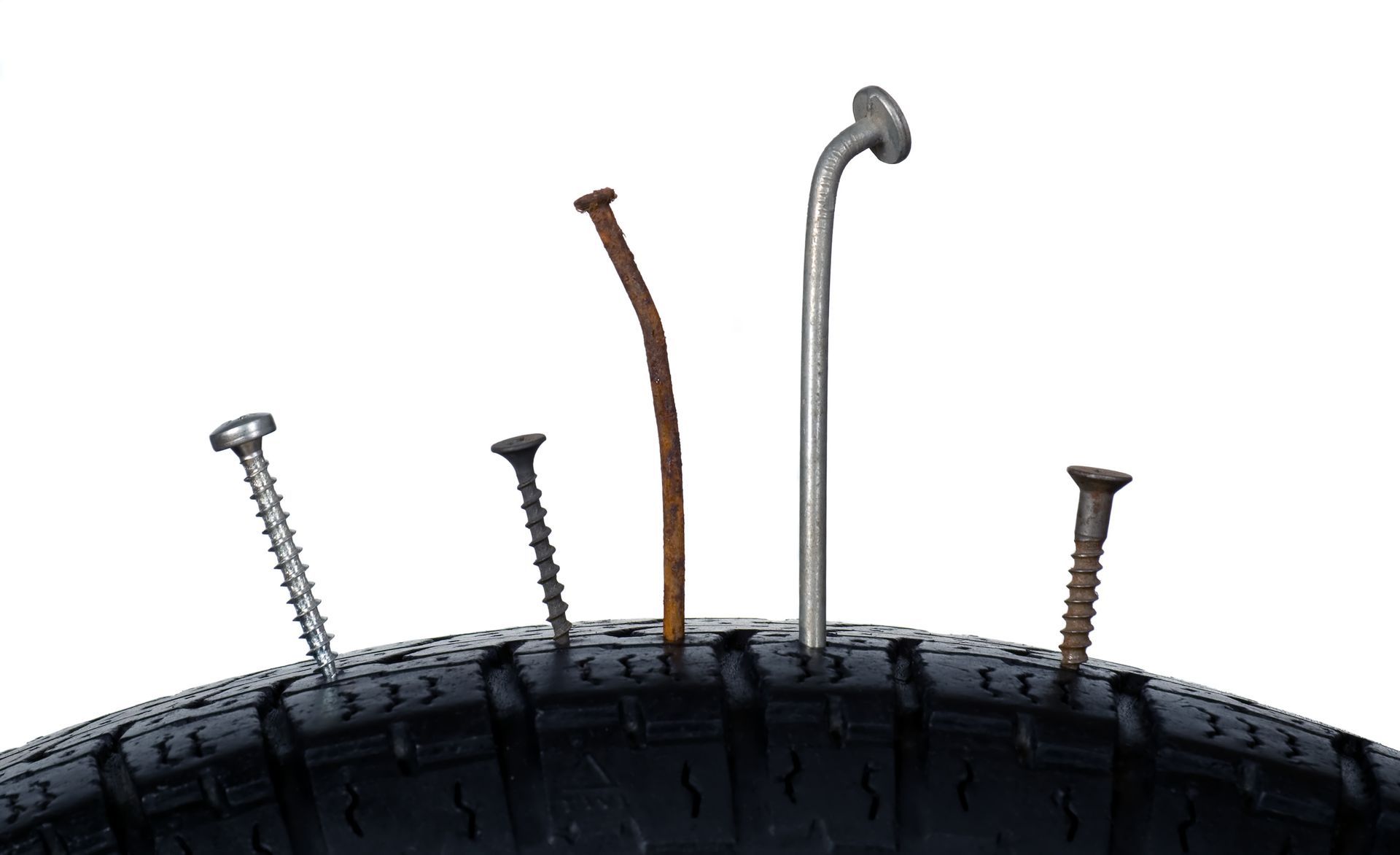Most drivers know how their car should sound—and when something suddenly doesn’t sound right, it’s not a coincidence. Strange car noises are often your vehicle’s first warning that something is starting to go wrong. Ignoring them can lead to bigger, more expensive problems later on. That odd sound coming from under the hood or around the wheels? It might be more than just annoying—it could be serious.
Here are five unusual car noises that drivers should never ignore, along with what they might mean.
1. Grinding While Braking
A grinding sound when you apply the brakes is one of the clearest signs that your brake pads are completely worn down. When the pads are gone, the metal starts to grind against metal—specifically, the brake rotor.
This sound is more than just unpleasant; it means your brakes are no longer functioning as they should. Continuing to drive like this can cause major damage to the rotors and calipers, both of which are more costly to replace than pads. If your brakes are grinding, stop driving and have your braking system inspected immediately.
2. Humming or Whining From the Tires
If you hear a low humming or a higher-pitched whine while driving, especially at highway speeds, it could be a sign of uneven tire wear, a wheel bearing issue, or even alignment problems. Often, the sound will get louder the faster you go.
A worn wheel bearing can eventually lead to a wheel separating from the vehicle—yes, that is serious. If the sound changes when you turn, it’s more likely to be the bearing. If it remains constant, tires or alignment may be the culprit. Either way, it’s a problem you’ll want to be diagnosed on time to avoid additional wear or safety risks.
3. Knocking or Pinging From the Engine
An engine that’s knocking, especially during acceleration or under load, could be suffering from what’s known as “pre-ignition” or “spark knock.” This happens when fuel in the cylinder ignites too early due to poor timing, low-quality fuel, carbon buildup, or engine overheating.
Knocking can damage internal engine components over time, including pistons and connecting rods. If you hear knocking—even if it's faint—have your engine checked before it leads to long-term performance issues or failure.
4. Clicking While Turning
Hearing a clicking or popping sound when turning is often linked to a worn CV (constant velocity) joint or axle. These joints allow the wheels to turn while receiving power from the drivetrain and are commonly found in front-wheel-drive vehicles.
If the protective boot over the joint cracks or leaks, dirt gets in and grease leaks out. The result is rapid wear and a telltale clicking sound, especially when turning sharply at lower speeds. Replacing a CV joint early can prevent complete axle failure while driving.
5. Squealing Under the Hood
A sharp squeal when you start the engine or when you accelerate could point to a worn serpentine belt. This belt powers essential systems like your alternator, power steering, and air conditioning. Over time, the rubber wears down, loses tension, or gets contaminated with oil or coolant.
If the belt snaps, you could lose multiple systems at once—including power steering or battery charging. Squealing is usually your first and only warning. If caught early, the belt can be replaced easily without any further damage.
Don’t Wait for Noises to Get Worse
Strange sounds tend to start quietly and grow louder over time. The longer you ignore them, the higher the repair bill may be. What begins as a loose belt or worn bearing could quickly lead to more serious damage if left unchecked.
Some noises may seem minor, but they often indicate stress on mechanical systems that you can’t see from the outside. If you’re unsure whether a sound is worth checking, it’s always better to play it safe—especially when it involves your brakes, engine, or steering components.
Bargain Tires – Honest Inspections and Repairs in Jacksonville, FL
If your car is making a sound that has you second-guessing your next drive, visit
Bargain Tires in Jacksonville, FL. We’ll listen carefully, inspect thoroughly, and explain clearly—so you know exactly what’s going on and what needs fixing.

